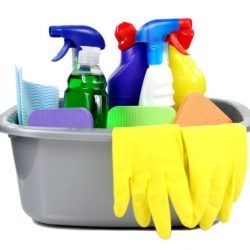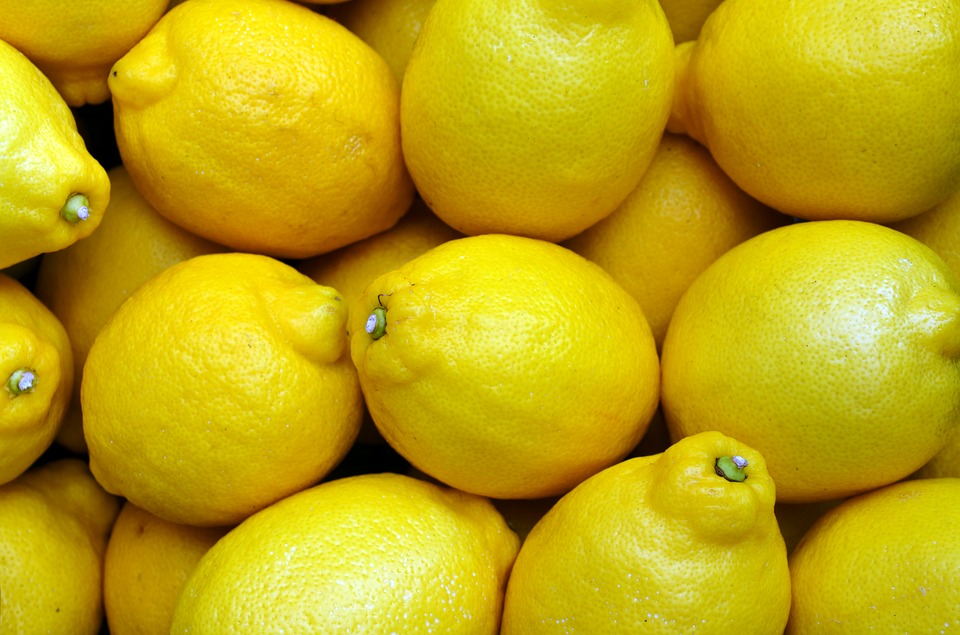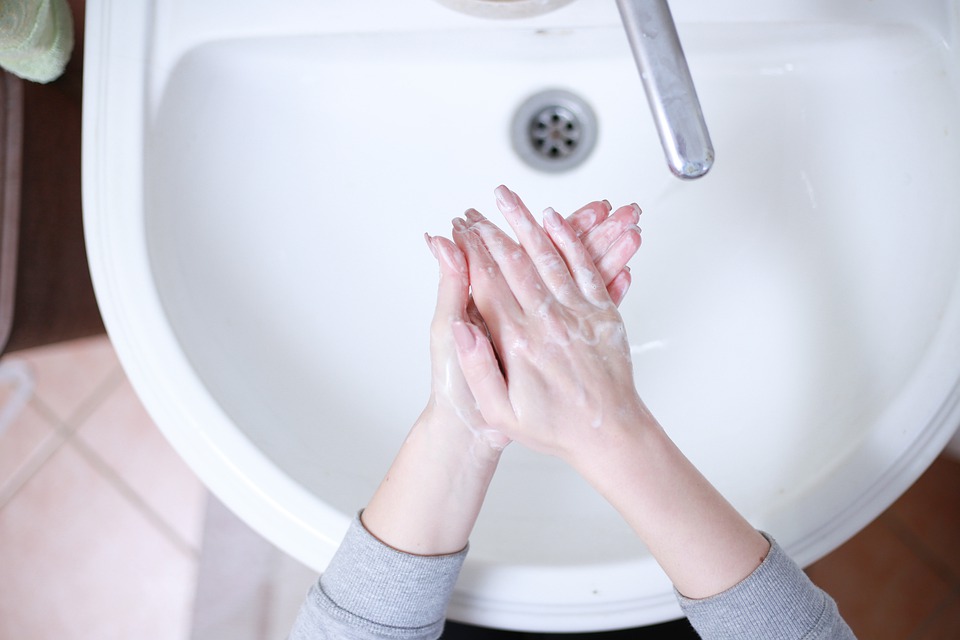Most of us can find cleaning an exhausting task, but shopping for cleaning products even more so. Look no farther than the fruit bowl on your kitchen counter for natural, chemical-free methods to clean your house. Lemons are not only great in your recipes or with your tequilas but it is also beneficial when trying to keep your home fresh and clean.
If you didn’t know, lemon contains citric acid, a natural cleaning agent capable of cutting through soap scum and removing certain stains.
Lemon juice can clean glass.

Oily hands, fingerprints, or even dust can leave your windows and glass door looking dirty. While it remains a simple task to clean our windows and doors, we seem to keep on procrastinating. There will be no more excuses with this Do It Yourself recipe I am about to share with you! For this preparation you won’t need any fancy cleaners or gear, only a lemon or two.
Extract juice from one or more lemons (depending on the surface you are cleaning) or purchase a bottle of lemon juice at the supermarket. You are free to use pure lemon juice or dilute it in a spray bottle (1:1) with water. Apply it to the glass door, let it sit for a minute and wipe it down with a clean towel. You may also split a lemon in half and rub it straight on the glass before rinsing it.
Lemon juice is an excellent degreaser.
We all dream of cost-effective cleaning products, and making your own is the best way to reduce costs. You will only need some cheap products such as lemon, or vinegar and baking soda (sounds pretty easy).
Take a look at this D.I.Y degreaser: You will need to combine baking soda and lemon essential oil in a bowl. In a spray bottle, combine 2 cups warm water, one tablespoon baking soda, and 20 drops of lemon essential oil. Spray the lemon solution on the greasy surface and then wiped it away with a wet cloth. If you cannot get your hand on a lemon essential oil, do not worry, you may also use lemon juice instead.
Lemons can help you clean your microwave.
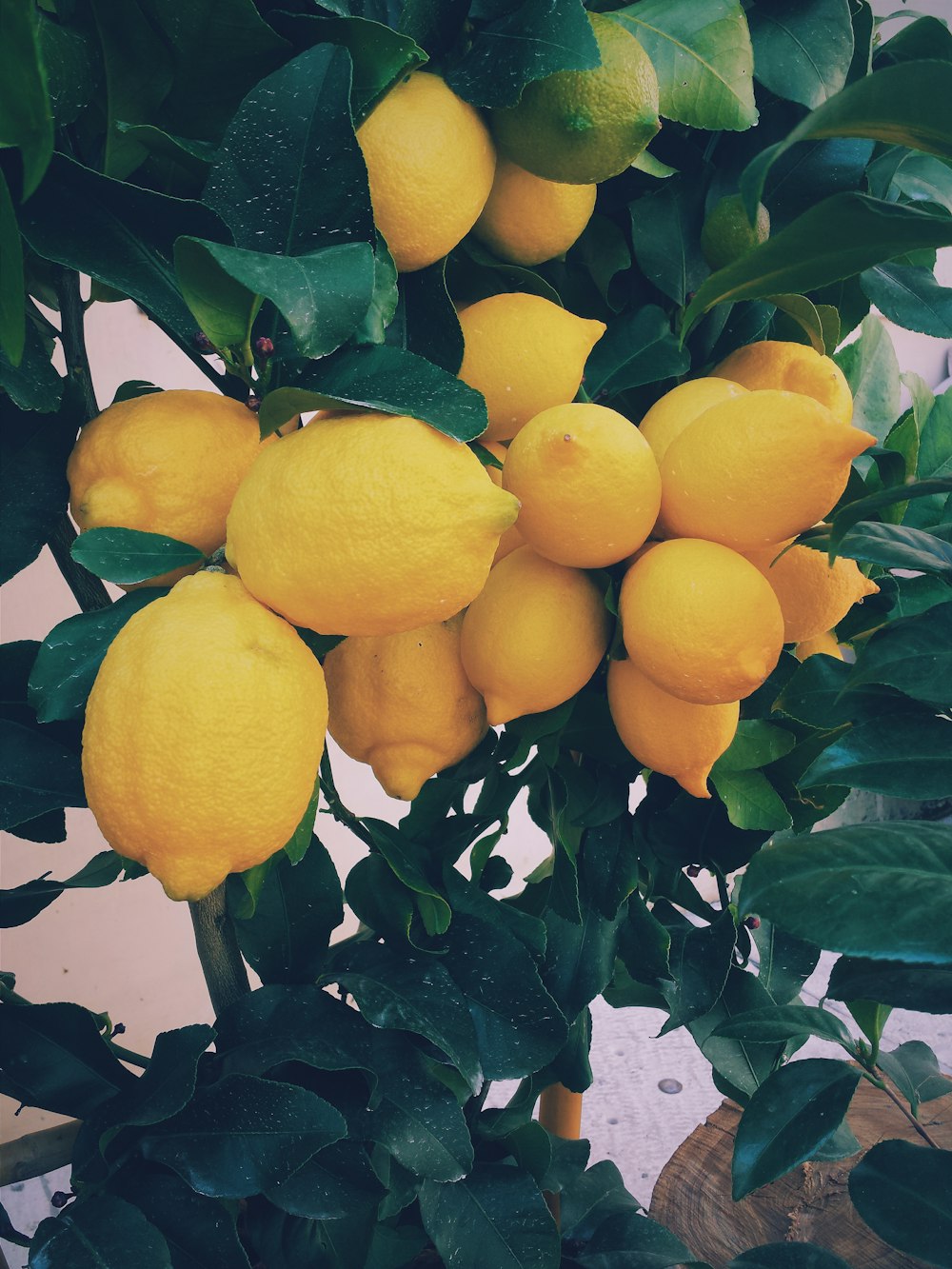
We all love to hear the ping sound from the microwave, announcing that the food is ready to eat. In today’s kitchens, the ping of a microwave is a familiar sound but the consequence of this convenient appliance is that it can sometimes leave lingering smells. Whether you’re heating leftovers or making a bowl of movie night popcorn, no one wants an aftertaste.
Lemon juice is recognized for its antibacterial and anti-fungal qualities but did you know that it can absorb odors? Follow the instructions in this natural cleaning hack to get rid of unpleasant odors in your microwave. Fill a microwave-safe measuring jug or a microwave-safe dish halfway with water. Slice a lemon in half and drop it in the water, squeezing it to release some juice. Set the timer for three minutes on high. Remove your bowl with oven gloves and it shall be perfect.
Clean Stained Food Containers
When life gives you lemons…clean your plastic food containers? Okay, I know that this is not the actual sentence but it fits in this situation! One of life’s great conveniences is plastic containers for storing leftovers, but it is a headache to wash them squeaky clean.
Have you ever tried to keep tomato sauce in a plastic food container and ended up with a persistent stain? Now, did you know that lemon juice may be used to clean stained food containers and restore them to their original appearance? Try these steps the next time you encounter a tough stain.
Grab a lemon and cut it in half. Squeeze the lemon juice out by rubbing it around the interior of the jar. Place the container in the sun to dry. Allow the sun and the juice to work for about one to two days to get rid of the stains.
Clean brass, silver, and copper
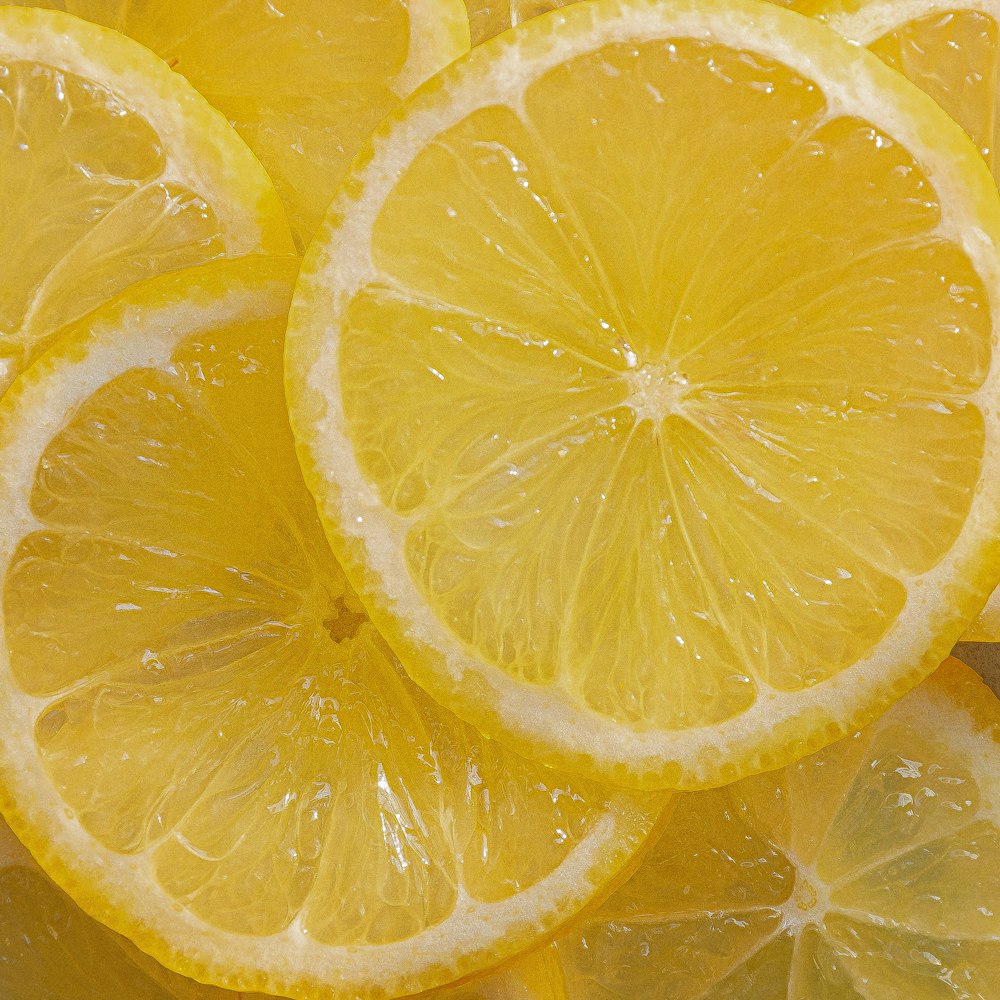
Brass, silver, and copper metal items give warmth and elegance to any environment. They will, however, lose their brilliance with time and develop a coat of tarnish. Tarnish can’t be prevented even under ideal settings, such as a cool, dry location away from direct sunshine.
Do not sit idle reminiscing about how brilliant they were; follow these three simple stages, lemon juice and salt may be used to remove tarnish off copper:
Squeeze the lemon juice into a bowl, then stir in the salt. Use a 3:1 ratio, which means there’s three times the amount of lemon to salt. Stir for a minute or until the salt is completely dissolved. Wipe the copper with a towel dipped in the solution.
Save those extra rinds and juice because we adore lemons for their pleasant fragrance and antibacterial qualities. We can say that it is only a peel away from a cleaner house. Share with us which one of these above tips you will try!
